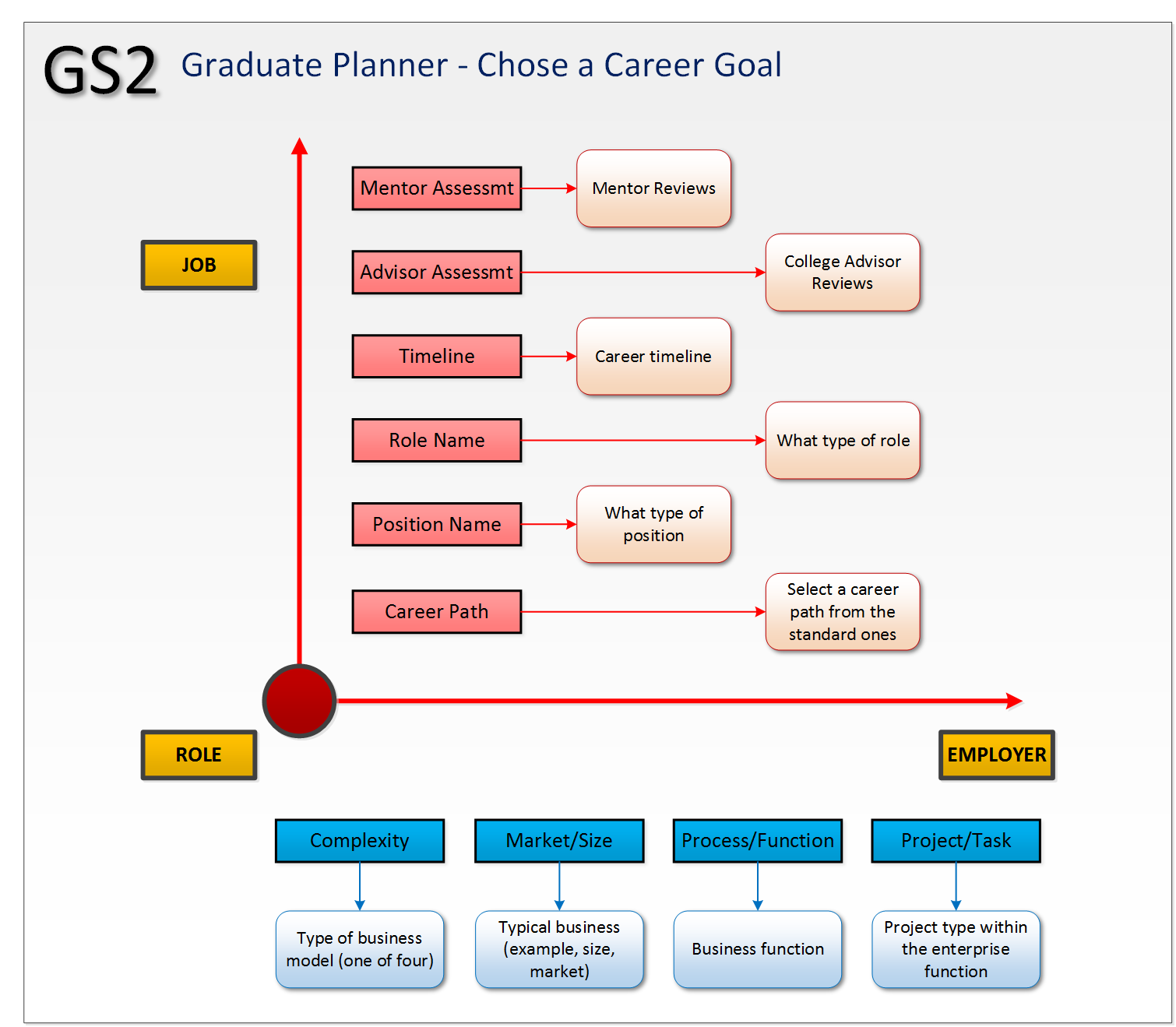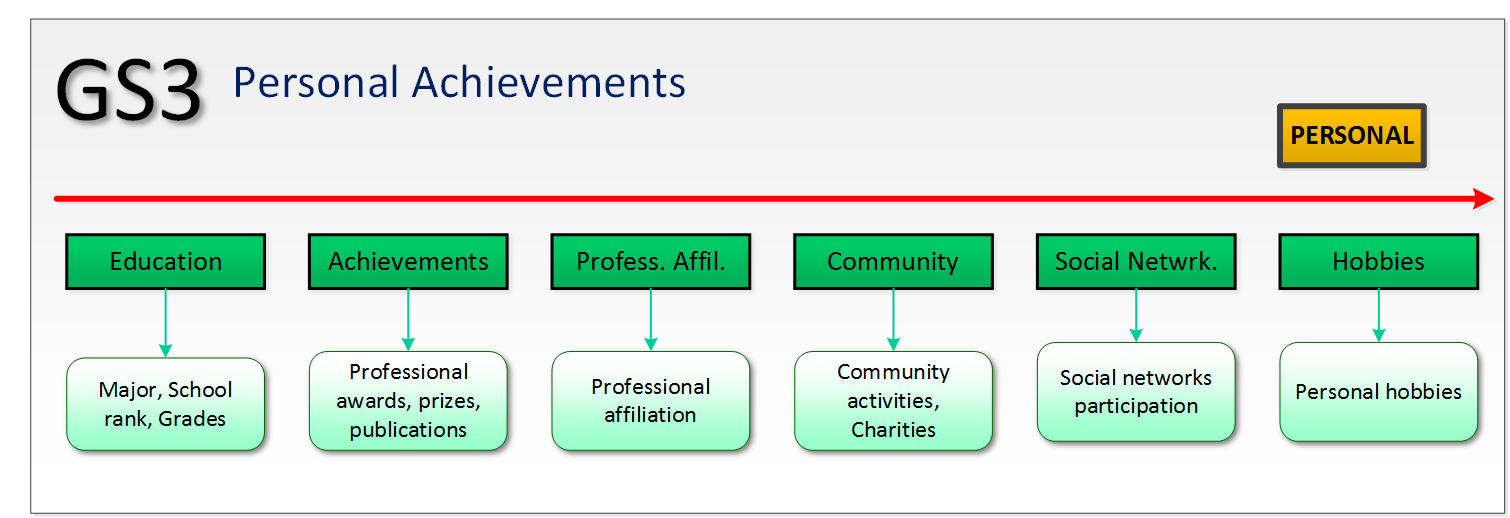 Current College Advising and College Graduates
Current College Advising and College Graduates

The number of college graduates working minimum wage jobs is nearly 71 percent higher than it was a decade ago, according to the Bureau of Labor Statistics' latest figures. As of 2012, 284,000 college graduates were working at or below the minimum wage, up from 167,000 in 2002 and more than two times the pre-recession low of 127,000 in 2006. The cohort includes an estimated 30,000 people with masters' degrees, a figure that is more than twice as high as it was in 2002 and three times as high as in 2006. The Institute for College Access and Success reported Wednesday that the average class of 2012 graduate left college with $29,400 in debt, a figure that has climbed an average of 6 percent year over year for the past four years.
The median annual salary for a graduate with a petroleum engineering degree is $120,000, while graduates in counseling psychology, at the bottom of the spectrum, earn $29,000, according to Georgetown's CEW. The current poor job market is bringing that fact to the fore of college students' minds, he says. "I think what it will point people toward is paying more attention to field of study," says Carnevale. "What we're saying to people is not all college degrees will be created equal."
Anthony Carnevale, director and research professor at the Georgetown Center on Education and the Workforce
Calculating GS2
This is the detailed model used in calculating the GS2 score

There contribution is higher near the origin.
Calculating GS3
This is the detailed model used in calculating the GS3 score

Their contribution increases from left to right.
Short Summary of GGES
It does not apply to career paths in government or investing field. This is true partially also for college students chosing a career in government, or in investment. Our goal is to add functional models for those fields in the near future if there are enough requests.
Graduate Gainful Employment Score (GGES) for College Graduates
- Definition: measures college graduate degree of preparation to start in a job role aligned with personal career goal
- Applies: college graduates
-
Measures:
GS1- interview related skills (first year)GS2- graduate planner and career goal (second year)GS3- personal achievments aligned to personal career goalGS4- internship aligned to career goal - Factors used in calculating the score: Each college student executes a set of tasks. Each task is associated with a category and each category is worth a number of points. Categories are split accross four areas: interview skills, graduate planer - career goal, personal achievments (grades, extracurricular activities, etc), and internships
- Values: four values - 0 to 250
-
Typical score ratings:
each category points are defined by college advisors based on college profile; final values can grouped by:
Poor:0 to 75Fair:75 to 125Good:125 to 200Excellent:200 to 250
Score assessment:
Fair effort on gaining interview skills,
Excellent on identifying the goal,
Poor on personal activities aligned with career goal, and
Good effort on internship
Outstanding personal achievements such as winning national competitions, contributions to research papers, initiatives in entrepreneurships can boost the score to higher values.
